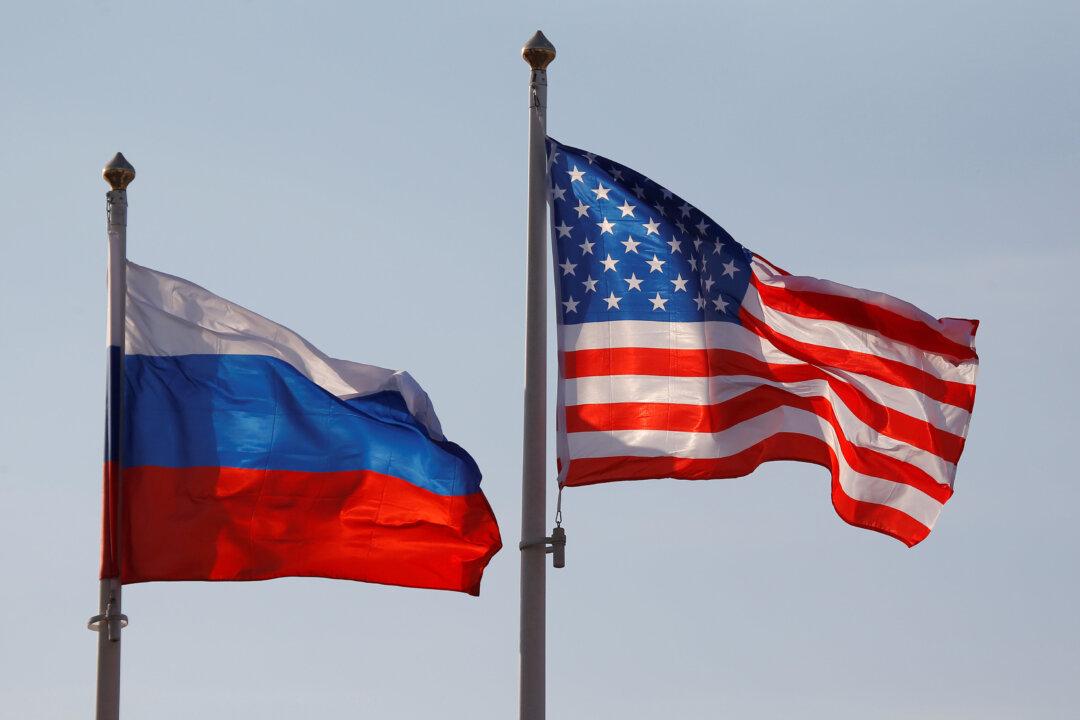Trump administration officials told lawmakers in Congress on Aug. 21, that Washington’s sanctions on Russia are having a significant impact on the Kremlin and the oligarchy that props it up and threatened that more punitive actions are in store if Moscow refuses to change course.
The White House has targeted Russia for a broad range of malign activities around the world, including the occupation of Crimea, the enabling of the Assad regime in Syria, and the destabilization of Western democracies.





